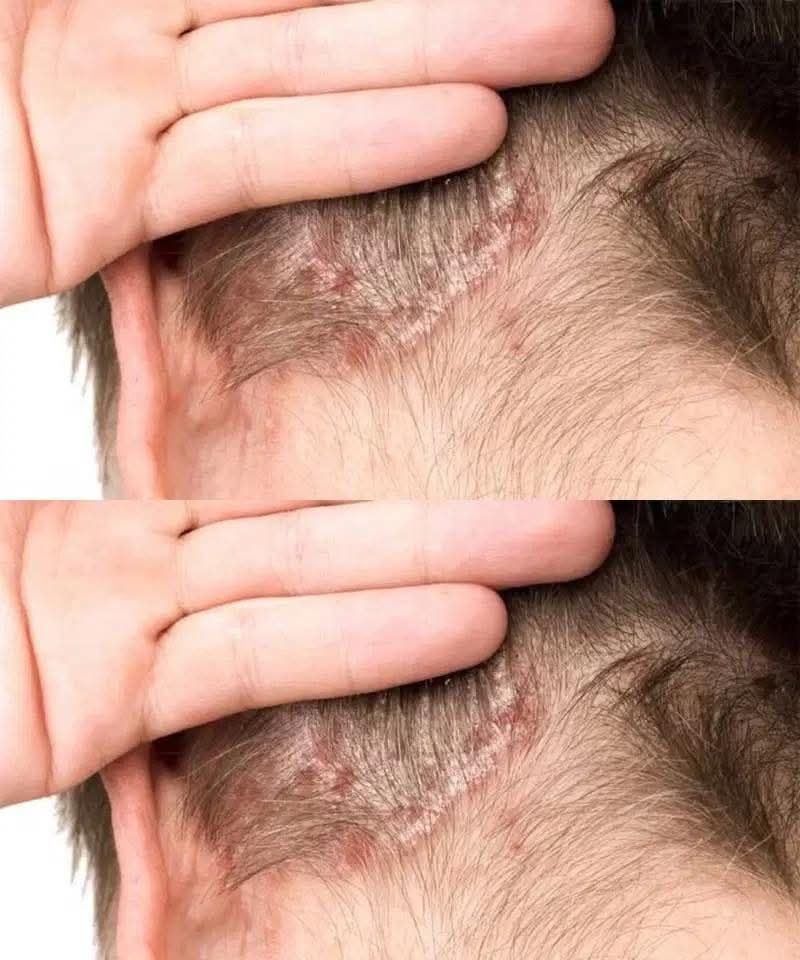
7. When to See a Doctor
Even with home care, some situations require medical evaluation. Seek help if symptoms worsen, do not improve after several weeks, or interfere with sleep and daily routines. Signs of infection such as spreading redness, pus, fever, or severe pain need immediate attention. A dermatologist can confirm the diagnosis and recommend prescription treatments such as stronger steroids, medicated foams, or light therapy.
8. Managing Scalp Psoriasis at Home
Long-term management relies on consistency. Regular moisturizing reduces scaling and dryness. A home humidifier keeps air moist, benefiting sensitive skin. Identifying and avoiding triggers—stress, smoking, harsh hair products, or certain foods—can prevent flare-ups. Keeping a symptom diary helps track patterns. Gentle hair care, including soft-bristle brushes and avoiding tight hairstyles, prevents irritation and breakage.
9. Popular Viral Scalp Hacks
Some trending remedies can be surprisingly helpful when used with caution. Tea tree oil, known for antifungal and anti-inflammatory benefits, can be added (sparingly) to shampoo. A baking-soda paste may gently exfoliate d3ad skin and reduce scales. Always patch-test new treatments to avoid adverse reactions, and discontinue if irritation occurs.
10. Documenting Symptoms for Your Doctor
Clear documentation helps your provider make an accurate diagnosis. Record when symptoms began, how intense they are, and any itching, scaling, or pain. Note possible triggers such as stressful events, illness, or new products. Taking well-lit photos every few days helps track changes especially useful if appointments are delayed.